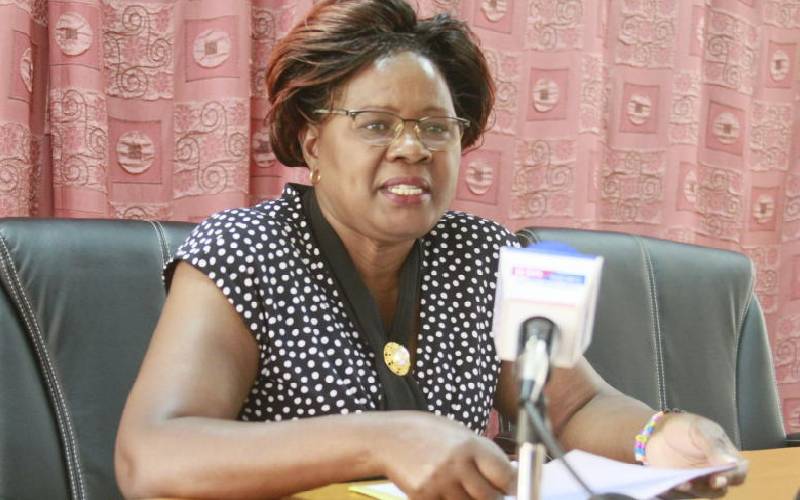
World-over, politicians are odious characters. Cunning and scheming, they seldom put the interests of their electorate first. Many Kenyan politicians have become the quintessence of such views. They are lofty on promises, but appallingly slow on delivery. Seven years down the line, Kenyans are still waiting for the Jubilee administration’s promised sports stadia, laptops for school-going children and 500 thousand jobs for youth yearly. They might as well wait for a chimera.
Occasionally, politicians with flashes of brilliance and probity come along. The late Charles Rubia comes to mind. Principled to a fault, he served as Mayor of Nairobi before joining elective politics as Member of Parliament.